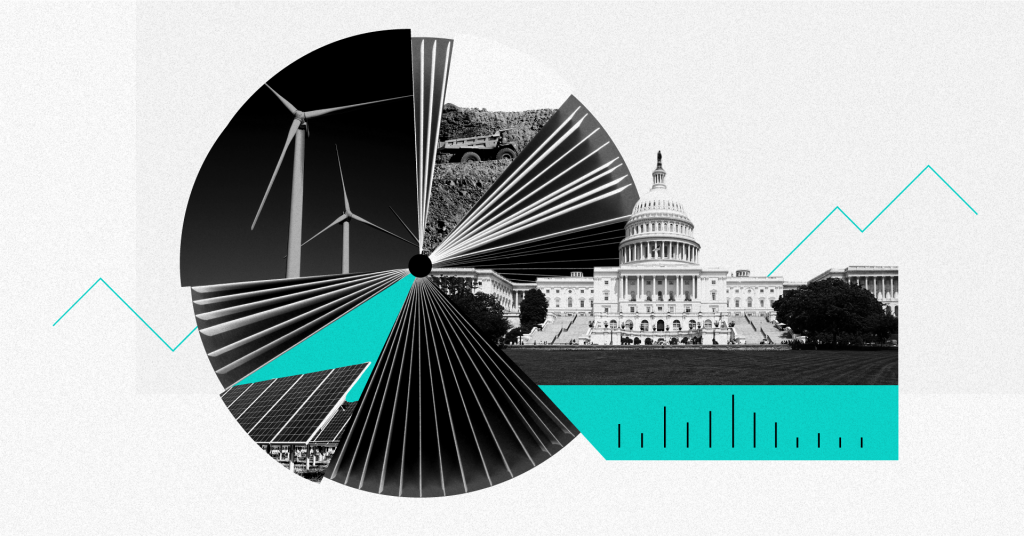By Adam Livshits

While responsible investment practices continue to become increasingly integrated into funds across the globe, the popularity of ESG has not remained unchallenged. While concerns over greenwashing, the efficacy of various rating agencies, and the impact of ESG-integrated funds have been raised by financial experts, ESG now faces criticism from an unexpected actor: right-wing governments. According to a Reuters report, on December 1, 2022, the Government of Florida announced that they would be withdrawing nearly 2 billion USD from management under BlackRock due to Florida CFO Rick Patronis’ belief that the investment manager “[focuses] on ESG rather than high returns for investors” (Reuters, 2022). Further, GOP leaders in Republican US states such as Texas and West Virginia have stated that they will block investors who plan to “boycott fossil fuels” from managing state funds, while 15 other states are considering similar measures (NPR, 2022). These actions generally comprise right-wing governments’ attempts to attack so-called “woke capital” and combat their perceived abuse of corporate power to advance “ideological” agendas in DEI, social responsibility, and climate change. With the Republicans taking back the House in November 2022, they’ll be able to raise their concerns in official government discourse.
Many of the rationales behind these decisions can be boiled down to a lack of understanding of ESG. Many of these government officials hold a common misconception that ESG-integrated funds sacrifice financial returns for impact outcomes. Time and time again, this concept has been largely disproved (see NYU Stern: ESG & Financial Performance). Additionally, contrary to popular belief, adopting ESG practices does not mean boycotting fossil fuels. In actuality, ESG investment involves more active shareholder engagement, a more proactive approach to risk, and the consideration of investment criteria which account for additional factors that encourage greener, more inclusive business practices. Investing in fossil fuels still has a place in ESG-integrated funds; what’s more important is which fossil fuel companies you hold and how you engage with them as a shareholder.
Nevertheless, as the politicized view of ESG gains hold in the states, some governments in Canada have been quick to follow, as they often are. According to Canada’s National Observer, Calgary Conservative MP Tom Kmiec reportedly began drafting an anti-ESG bill in early September to “crackdown on woke capital.” Perceived issues with ESG investment are especially important to the province’s Conservative leadership, given Alberta’s heavy reliance on fossil fuel production. Thus, it’s likely that current Alberta Premier Pierre Poilievre or his eventual successors will buy into proposed anti-ESG policies in an attempt to combat the corporate social activism which many Conservative officials like Kmiec stand vehemently against.
Nonetheless, while there are many issues to consider and analyze within ESG, the idea that it is in any way a politically based practice is a dangerous concept. At its core, ESG is about managing risk in the face of a world in which resources are undoubtedly changing. Political action against responsible investment practices can potentially have disastrous consequences in the corporate world. Will companies still want to disclose the responsible investing measures they take if they know that they can be reputationally or financially hurt for engaging in such practices? For smaller investment firms who can’t afford to lose significant sums from their investment portfolios, will pushback against ESG from clients force them to abandon responsible investing altogether? As the debate on the subject continues, these questions will need to be considered going forward. Nevertheless, when considering ESG in the coming years, politics mustn’t be one of the lenses we use. ESG investing is and has always been a purely financial framework. Treating it as anything else implies a misunderstanding of the concept as a whole.
